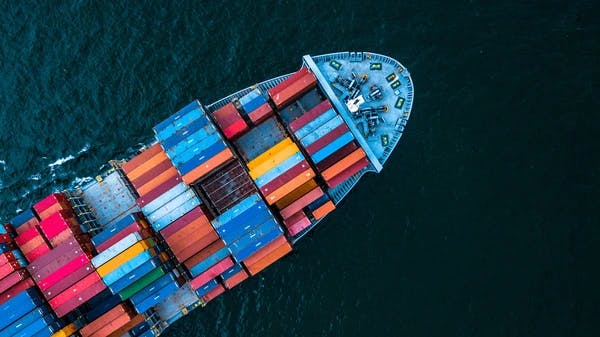Why Commercial Teams in Shipping Underperform
5 points on efficiency & effectiveness

Once a vessel sails open after last port of load, every open container slot can be seen a opportunity loss where the possibility to capitalise on that slot is forever gone.
How does this correlate to sales teams in logistics?
Well, commercial managerial pressure is a natural consequence of utilisation from a carrier point of view. For forwarders we're looking at the ability or inability to fill brackets and negotiate better freight prices leading to better margins.
In this article we outlines the struggles that freight Forwarders, expeditors and sales team in (container) shipping companies face.
- Lack of Process and Structure Within Teams
- Dual Responsibility in Sales & Operations
- Insufficient Quality Leads or a Stable Flow of Leads
- Insufficient Knowledge on Competition
- Insufficient Knowledge on Cargo Flows
Lack of Process and Structure Within Teams
Without clear processes and structures in place, commercial teams may struggle to streamline their workflows effectively. This lack of organization can result in inefficiencies, missed opportunities, and ultimately, underperformance. Establishing standardized processes and fostering a culture of accountability are essential steps to address this challenge.
Dual Responsibility in Sales & Operations
One of the primary challenges faced by commercial teams in logistics is the dual responsibility they often bear in both sales and operations. While sales teams focus on securing new business and expanding client networks, they are also frequently tasked with handling operational aspects. This duality can lead to divided attention and hinder optimal performance in either role.
Insufficient Quality Leads or a Stable Flow of Leads
Commercial success hinges on the ability to generate and convert leads effectively. However, many logistics companies face the challenge of insufficient quality leads or a consistent flow of leads into their pipeline. This can hamper growth prospects and lead to stagnation in business development efforts.
Insufficient Knowledge on Competition
In a competitive industry like logistics, staying ahead requires a deep understanding of how competitors are positioning themselves and evolving. Yet, many commercial teams lack sufficient insights into competitor activities and market dynamics. This knowledge gap can limit strategic decision-making and hinder the ability to capitalize on emerging opportunities.
Insufficient Knowledge on Cargo Flows
Understanding the specific cargo flows in and out of a region is vital for targeting potential clients, optimizing routes, and offering tailored solutions. However, commercial teams often lack comprehensive knowledge of cargo flows, leading to missed opportunities and suboptimal service offerings.
